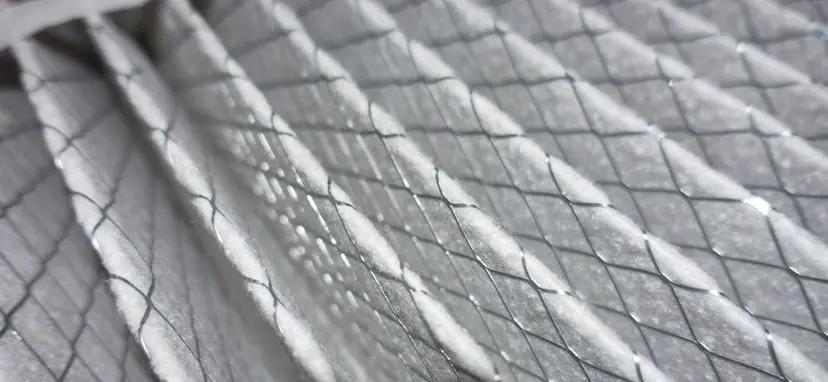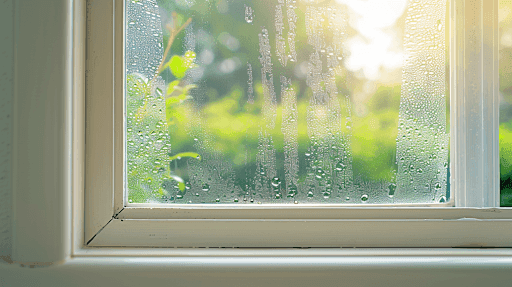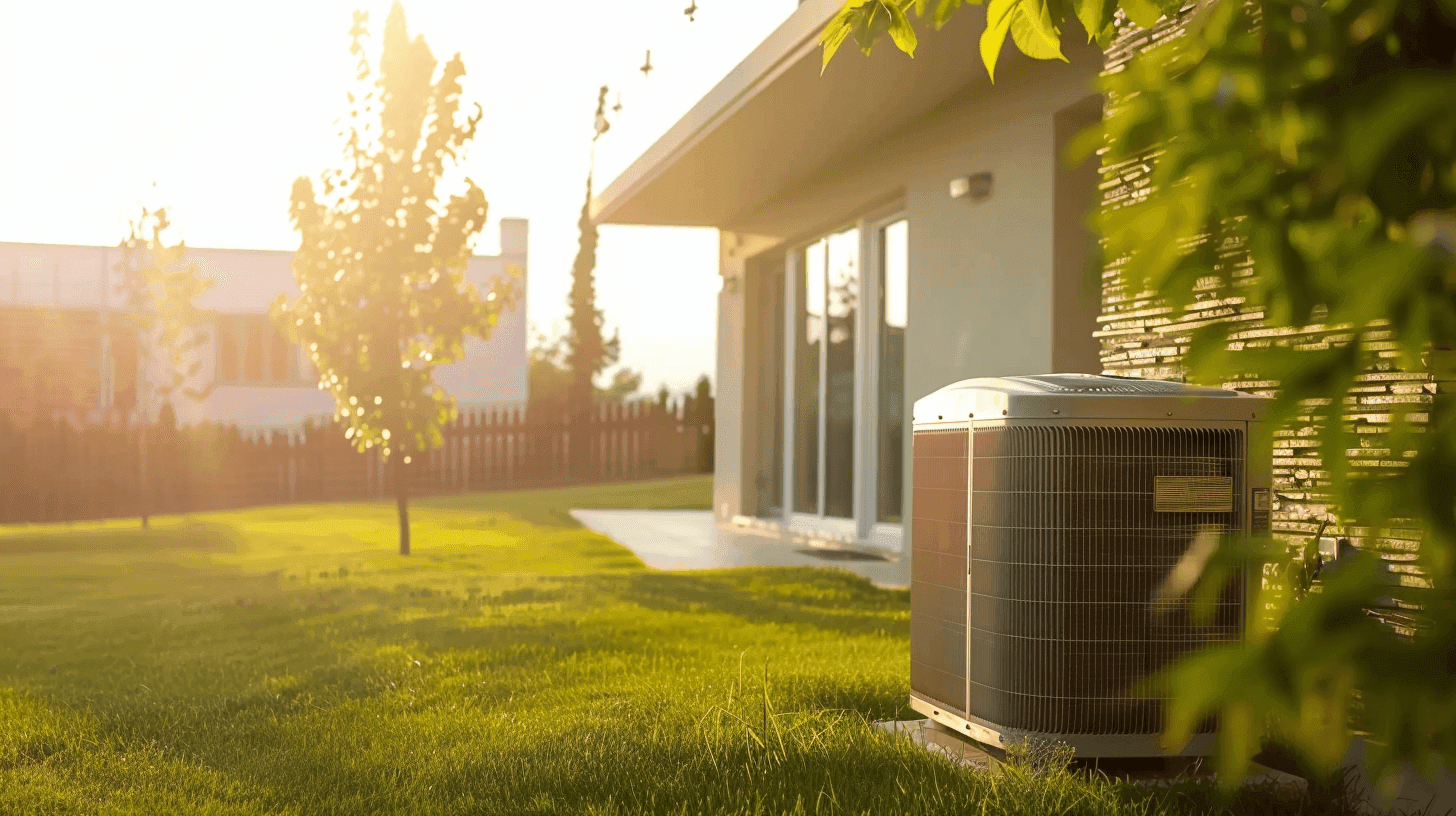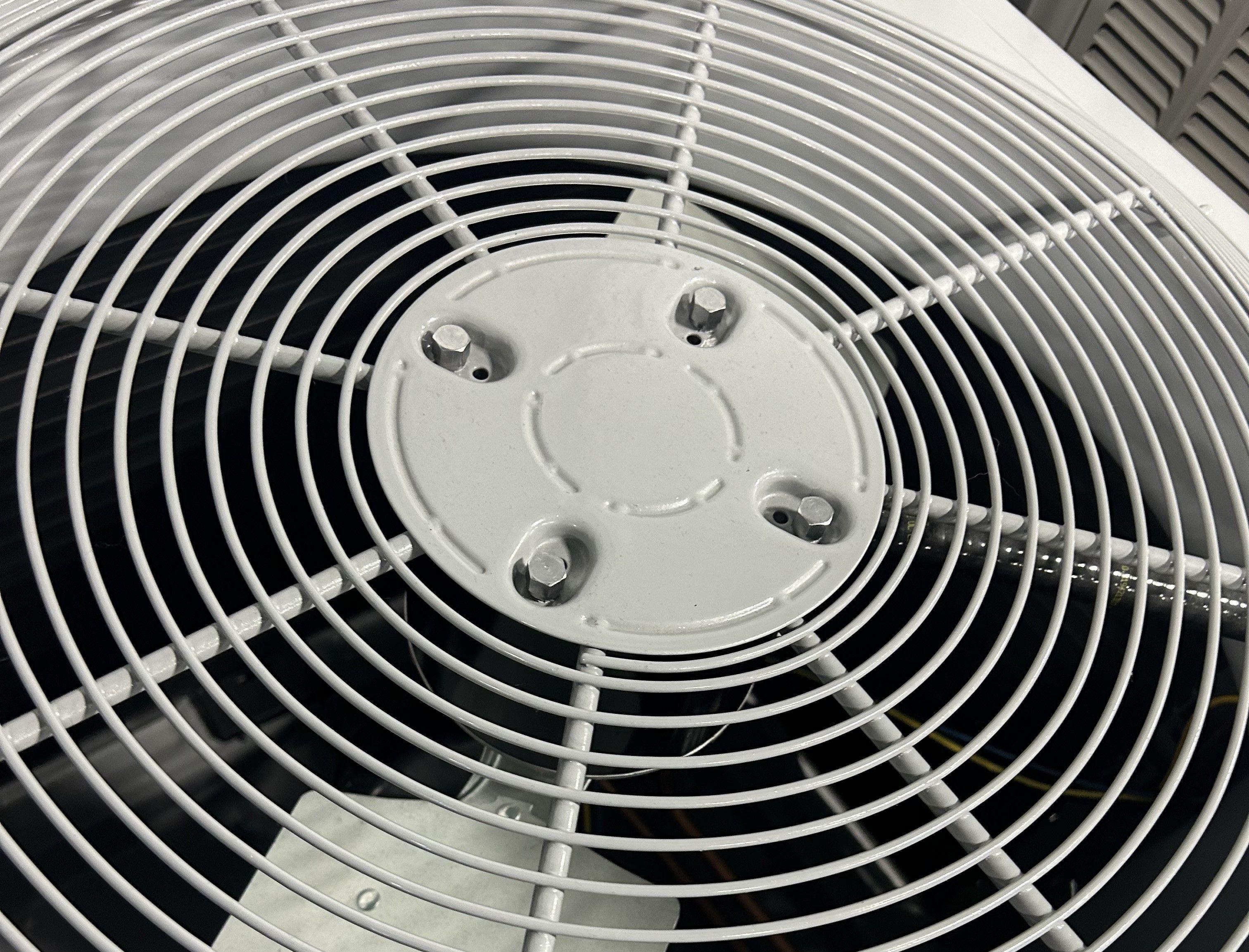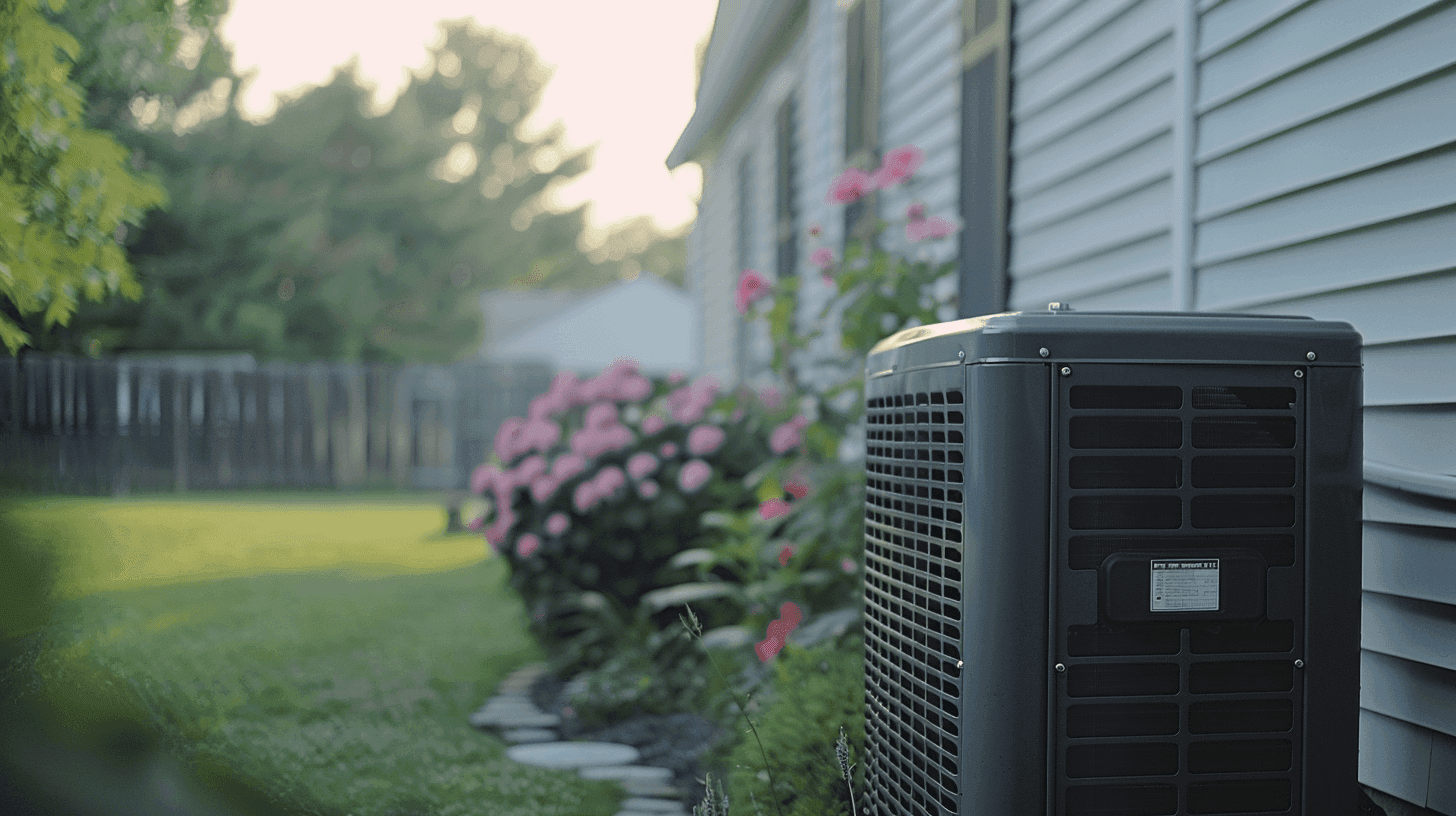
The Cost of a New Central Air Conditioner (2024 Guide)
Sharing your quote takes less than a minute
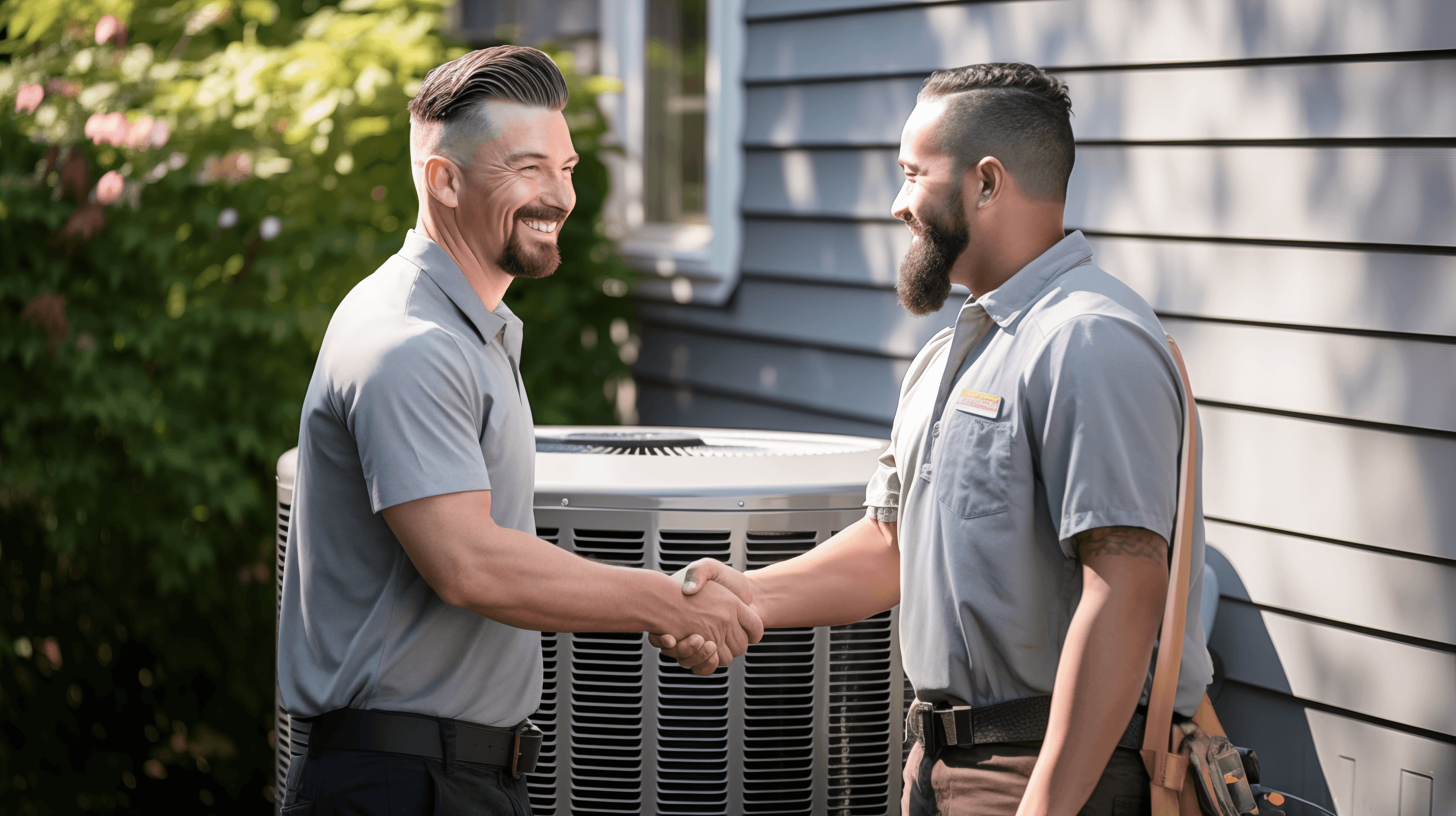
With warmer weather approaching, is your current central air conditioning system ready to keep your home cool and comfortable for another season? If it struggled to provide efficient cooling and balanced humidity last summer, it’s time to consider upgrading to a new AC.
The average cost of a new central air conditioner can vary greatly based on several factors including its efficiency rating (SEER), capacity, and compressor type. In this comprehensive guide, HVAC.com explores new air conditioner costs in 2024.
When you receive a quote for the cost of a new AC unit, QuoteScore from HVAC.com will help determine if you’re receiving a fair deal. Our team of industry insiders will analyze your quote for factors such as price, system sizing, and industry best practices to provide you with the peace of mind you deserve.
Average New AC Unit Costs
The average cost of installing a new central air conditioner in 2024, including equipment and labor costs, is $5,750 for a 3-ton unit in a 2,000-square-foot home. On average, a new AC unit cost will fall between $3,300 and $7,800.
Factors Influencing the Price of a New Air Conditioner
Several factors influence the cost of a new AC unit, most notably:
Efficiency Ratings
The efficiency of a central air conditioner is measured by its Seasonal Energy Efficiency Ratio (SEER). The higher the SEER rating, the more efficient the unit is, which will lower your monthly energy bills. Depending on the brand, SEER ratings typically range from 14 to 22.
A SEER rating of 14 or 15 – the minimum requirements allowed by the U.S. Department of Energy – are considered highly efficient and can potentially save you thousands of dollars over electing to purchase a higher-SEER-rated unit. The monthly energy savings isn’t enough to recoup the cost of buying a higher-efficiency central air conditioner over the course of the system’s lifespan.

Compressor Type
Different AC compressor types can also impact the cost of a new AC unit in 2024.
- Single-Stage Compressor: Single-stage compressors operate at full capacity whenever they’re running; there’s no in between. They deliver consistent cooling but typically result in higher energy costs and less precise temperature control.
- Two-Stage Compressor: As their name suggests, two-stage compressors offer two levels of operation – a low stage for milder days and a high stage for extreme temperatures. The dual function allows for better energy efficiency and enhanced comfort by adjusting speeds based on demand.
- Variable-Speed Compressor: Variable-speed compressors continuously adjust their speed to match the home’s precise cooling needs, leading to optimal energy efficiency, consistent indoor temperatures, and quieter operation compared to traditional compressors.
AC System Size
When an HVAC contractor mentions the size of a central air conditioning system, they’re referring to the unit’s cooling capacity, not its physical dimensions.
A central air conditioning system’s cooling capacity is measured in British Thermal Units (BTUs), which determine how much heat an air conditioner can remove from the indoor air supply in one hour. For instance, a one-ton AC unit eliminates about 12,000 BTUs of heat per hour.
To determine the correct size air conditioner for your home, your HVAC contractor should conduct a Manual J load calculation which considers factors such as your home’s climate zone, square footage, insulation quality, and ductwork.
Additional Features
Various additional features are available for modern central air conditioners that can affect new air conditioner costs. Installing a smart thermostat, noise reduction technology, a whole-house air purification system, zoning capabilities, or a humidity control device can increase the price by 5-15% per HVAC add-on.
Local Installation Rates
Installation rates may vary based on factors such as your location, market demand, and contractor experience. Typically, you can expect to pay more for installation in urban areas with stricter building codes and higher costs of living compared to rural or suburban areas.
Although hiring an experienced and reputable HVAC contractor may come at a higher cost, it can help ensure your new central air conditioner is properly installed for maximum efficiency and long-term performance.
Signs You Need to Replace Your Central Air Conditioner
Choosing when to replace your existing central air conditioning system can be challenging. While it’s always advisable to consult with a reputable HVAC contractor, several signs indicate you should consider AC replacement:
- The system’s age: Like all HVAC equipment, central air conditioners have an expected lifespan, typically about 15-20 years. Once ACs reach and exceed this timeframe, they are more prone to reduced efficiency and breakdowns, making AC replacement a viable option for improved comfort and long-term savings.
- Rising energy costs: An aging and inefficient air conditioning system can cause your monthly energy bills to soar. If your home’s energy costs are significantly higher than they were a year or two ago, it might be time to consider a new air conditioner, especially if it’s over 15 years old.
- Frequent repairs: Air conditioner repairs can add up, especially if you’re repairing your system two or more times per season. Instead of investing money into temporary fixes, consider AC replacement.
- Uneven cooling: If certain rooms in your home struggle to maintain the set temperature, it might indicate that your central AC unit is either aging or not the right size for your space. Upgrading to a properly sized and energy-efficient model could ensure more uniform and comfortable indoor temperatures throughout your home.
The Importance of Regular AC Maintenance
If you choose to buy a new central air conditioner, regular maintenance is essential to keep it running efficiently and avoid unexpected breakdowns. Consider scheduling AC maintenance service in the spring, preferably before you turn the system on for the first time.
During an AC maintenance appointment, your technician will perform tasks including inspecting and lubricating moving parts, checking all electrical components to ensure proper operation, inspecting and replacing the air filter, and checking refrigerant levels.
Between professional maintenance visits, replace the air filter regularly – typically every 2-3 months – and clear any debris from the outdoor condenser unit to ensure proper airflow.
Sharing your quote takes less than a minute
